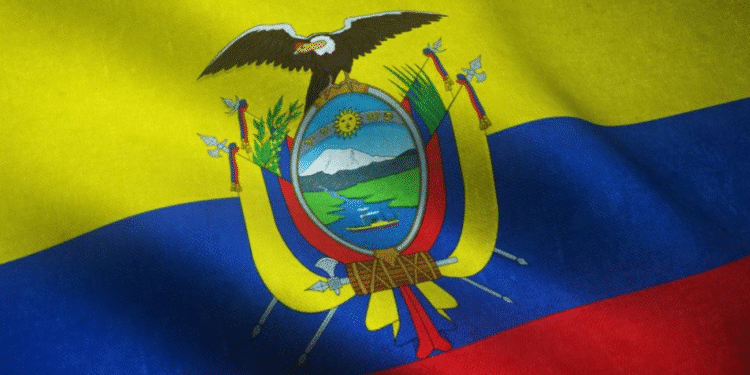Ecuador has revoked visa-free transit privileges for citizens of 45 countries — including 34 African nations — in a sweeping change to its immigration and border control policies aimed at tightening transit oversight and addressing security concerns tied to irregular migration.
According to the Ministry of Foreign Affairs and Human Mobility, travellers from the affected countries must now obtain a Transit Visa (Visa de Transeúnte) even if they remain within the international transit zone of Ecuadorian airports and do not clear immigration or customs. This marks a significant reversal from the previous policy, which allowed such passengers to transit Ecuador without a visa.

In a statement, the ministry explained that the change is designed to “tighten transit regulations and improve national security” as part of a broader effort to address growing concerns over the misuse of Ecuador as a gateway by irregular migrants heading to North, Central, and South America.
The policy shift is expected to have a substantial impact on African travellers, especially those using Ecuador as a stopover on long-haul flights to the United States or Europe. Countries now subject to the new visa requirement include:
Nigeria, Ghana, Egypt, Sudan, Ethiopia, Eritrea, Somalia, Democratic Republic of Congo, Republic of Congo, Cameroon, Liberia, Sierra Leone, Guinea, Guinea-Bissau, The Gambia, Senegal, Togo, Benin, Mali, Niger, Burkina Faso, Chad, Central African Republic, Angola, Mozambique, Zimbabwe, Zambia, Rwanda, Burundi, Uganda, Algeria, Morocco, Tunisia, and South Sudan.
With Ecuador historically serving as a key transit hub for travellers from Africa and the Global South, the new rule is expected to result in increased travel costs, itinerary disruptions, and rerouted flights, especially for passengers relying on Ecuadorian airports for seamless layovers without visa formalities.
While the government cites national security as the driving force behind the change, the move may draw criticism from international travellers and human rights advocates concerned about accessibility and mobility restrictions for Global South citizens.









